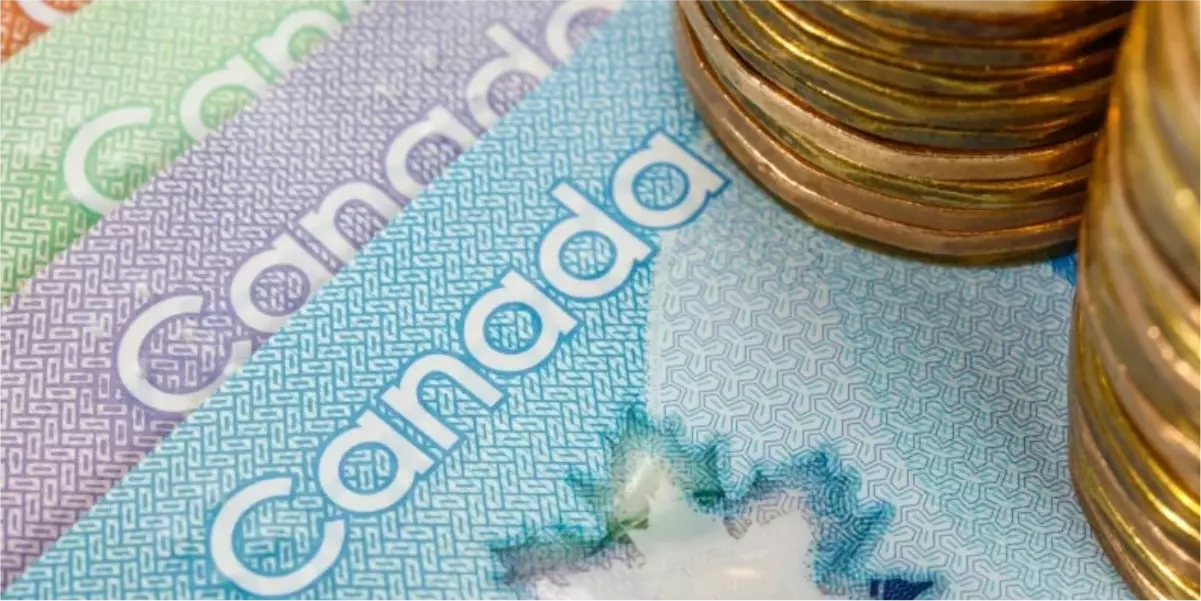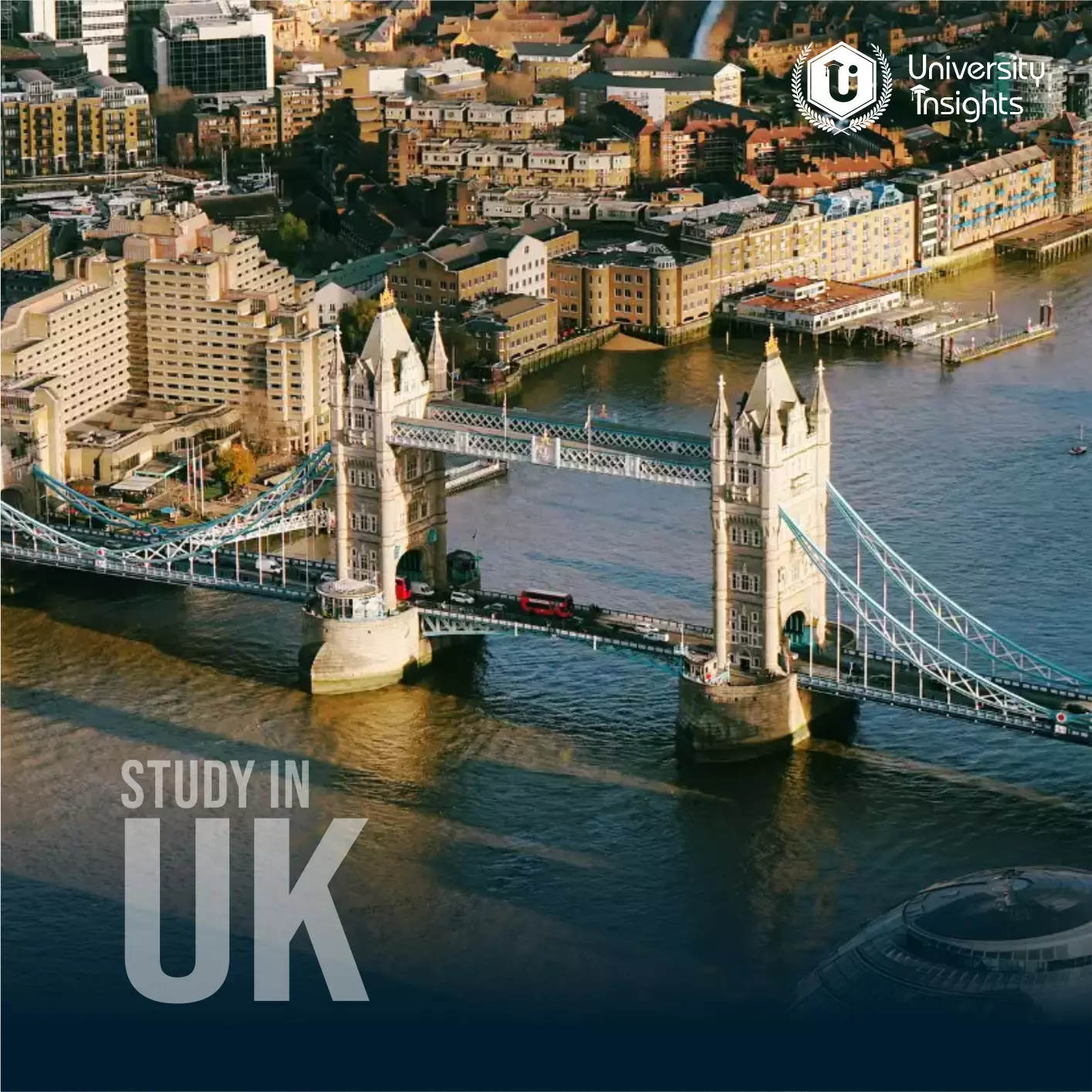Embarking on your educational journey in Canada involves a series of steps, starting with understanding the process of acquiring a Canadian student visa, also known as a Study Permit. This comprehensive guide aims to break down the entire process, covering eligibility, the application process, fees, embassy and consulate information, common reasons for visa rejections, and additional pertinent details.
Understanding the Canada Study Permit
A Canada Study Permit is more than just a visa; it’s your ticket to a world-class education system. It is a legal document issued by the Canadian government, granting foreign nationals the right to study at Designated Learning Institutions (DLIs) across Canada. Unlike a visitor visa, a study permit defines your status as a student and outlines conditions like the duration of your stay and work eligibility on or off-campus.
Latest Developments in Study Visa Regulations
Recent updates from the Canadian government have introduced significant changes to study visa regulations, aiming to manage the inflow of international students and ensure adequate resources are available to support them:
- Cap on International Student Permits: As of January 23, 2024, the Canadian government has placed a temporary two-year cap on the issuance of new international student permits to address the demand for housing and social services.
- Increased Proof of Financial Support: Starting December 15, 2023, international students must demonstrate financial support of CAD 20,635 per year, a substantial increase from previous requirements. This move aims to ensure students can comfortably cover their expenses while in Canada.
Eligibility and Requirements for the Study Permit
Securing a Canadian Study Permit requires meeting specific eligibility criteria and providing comprehensive documentation:
- Full Vaccination: Applicants must be fully vaccinated with an approved vaccine, ensuring public health safety.
- Acceptance by a DLI: You need an acceptance letter from a Canadian institution recognized by the immigration department as a DLI.
- Financial Proof: Demonstrating the ability to finance your tuition and living expenses is crucial. The updated requirement of CAD 20,635 per year underscores the importance of financial readiness.
- Legal and Medical Clearance: A clean criminal record and a health checkup report are mandatory, confirming your suitability to enter and reside in Canada.
- Intent to Depart: You must convince the visa officer of your intention to leave Canada upon completion of your studies.
Document Checklist for Application
The documentation you submit plays a critical role in the approval of your Study Permit:
- Valid Passport: Ensure your passport remains valid throughout your intended stay.
- Acceptance Letter from a DLI: This official letter is your proof of acceptance into a Canadian educational institution.
- Financial Evidence: Bank statements, scholarship letters, or loan documents demonstrating your financial capability.
- Passport-Sized Photographs: Required specifications vary based on your application method (online or offline).
- Health Examination Reports: A compulsory medical exam by an approved doctor.
- English Language Proficiency: Although not always mandatory, test scores from TOEFL, IELTS, etc., strengthen your application.
- Statement of Purpose: An essay detailing your study plans and motivations for choosing Canada.
- Application Fee Payment Method: Usually a credit card for online applications.
Step-by-Step Application Guide
The application for a Canadian Study Permit can be approached in two main ways: online or on paper. Each method requires careful attention to detail:
- Determine the Best Time to Apply: Consider the processing times, which can vary, and aim to apply well ahead of your intended start date.
- Gather All Necessary Documents: Use the document checklist as a guide to prepare your application package.
- Application Fee: As of the latest update, the fee stands at CAD 150 for Indian students. Remember, this does not include the biometrics fee or service charges for visa application centers.
- Submission: Whether online or on paper, ensure your application is complete and submitted correctly. Online applications offer convenience, but paper applications may be necessary under certain conditions.
- Biometrics and Interview: Most applicants will need to provide biometrics and potentially attend an interview.
After Submission: What Next?
Upon approval, you will receive a Port of Entry (POE) Letter of Introduction and, if required, a temporary resident visa. These documents should be presented upon arrival in Canada, where an immigration officer will issue your Study Permit.
Handling Visa Rejections
Understanding the common reasons for visa rejection can help you avoid pitfalls. These might include insufficient funds, unclear study plans, or doubts about your intent to leave Canada after your studies. If faced with rejection, review your application for any discrepancies or missing information and consider reapplying or seeking legal advice.
The Path Forward
Securing a Canadian Study Permit is a meticulous process requiring detailed preparation and a clear understanding of the requirements. By following this guide and ensuring your application is comprehensive and accurate, you’ll be well on your way to starting your educational adventure in Canada. Remember, each step, from understanding eligibility
Canadian Embassy and Consulates in India
Given the vast geography and the high volume of applicants from India, Canada has strategically placed its embassy and consulates across several key locations in India. Here’s a breakdown of their locations and contact information:
1. High Commission of Canada in New Delhi
- Address: 7/8 Shantipath, Chanakyapuri, New Delhi, 110021, India
- Phone: +91-11-4178-2000
- This is the main diplomatic mission of Canada in India, handling a wide range of diplomatic and consular services, including immigration and visas.
2. Consulate General of Canada in Bengaluru (Bangalore)
- Address: World Trade Centre, 22nd Floor, 26/1, Dr. Rajkumar Road, Malleshwaram West, Yeshwantpur, Bengaluru, Karnataka, 560055, India
- Phone: Not publicly listed for direct calls; inquiries typically directed through the website or email.
3. Consulate General of Canada in Chandigarh
- Address: SCO# 54-56, Sector 17 A, Chandigarh, 160017, India
- Phone: Not publicly listed; similar to Bengaluru, contact is usually made through official channels like email or the website.
4. Consulate General of Canada in Mumbai
- Address: Indiabulls Finance Centre, 21st Floor, Tower 2, Senapati Bapat Marg, Elphinstone Road (West), Mumbai, Maharashtra, 400013, India
- Phone: Again, direct phone contact is limited, with emphasis on digital communication for queries and appointments.
VFS Global for Canada
In addition to the embassy and consulates, Canada has partnered with VFS Global to manage the visa application process. VFS Global centers are where you’ll likely submit your visa application documents, give biometrics, and collect your visa and documents. Here are some key VFS Global centers across India:
VFS in New Delhi
- Address: Shivaji Stadium Metro Station, Mezzanine Level, Baba Kharak Singh Marg, Connaught Place, New Delhi-110001
VFS in Chennai
- Address: Fagun Towers, Second floor, No 74, Ethiraj Salai, Egmore, Chennai- 600008, India
VFS in Mumbai
- Address: Trade Centre 5th Floor, Bandra Kurla Complex, Bandra (East), Mumbai – 400051, India
And several other locations across India including Kolkata, Bangalore, Chandigarh, Ahmedabad, Hyderabad, Jalandhar, and Pune.
Key Notes:
- Appointment Booking: For both the visa application process and other consular services, it’s crucial to book an appointment. This can typically be done through the website of the Canadian embassy or VFS Global.
- Application Tracking: Once you’ve applied, you can track the status of your visa application online through the VFS Global website or the official Canadian immigration portal.
- Consultation: For detailed queries or assistance, it’s recommended to refer to the official websites or contact VFS Global directly through their customer service channels.
This information is essential for anyone applying for a student visa to Canada from India, providing a roadmap of where to apply, submit documents, and seek consular services.
Living in Canada as an International Student
Living in Canada as an international student offers a unique experience, with the country providing a welcoming environment and a high quality of life. International students have the opportunity to work part-time while studying, gaining valuable experience and supporting their living expenses. Moreover, the Canadian government and many institutions offer scholarships, bursaries, and financial aid to help manage the cost of studying in Canada, making it an attractive study destination for international students.





















